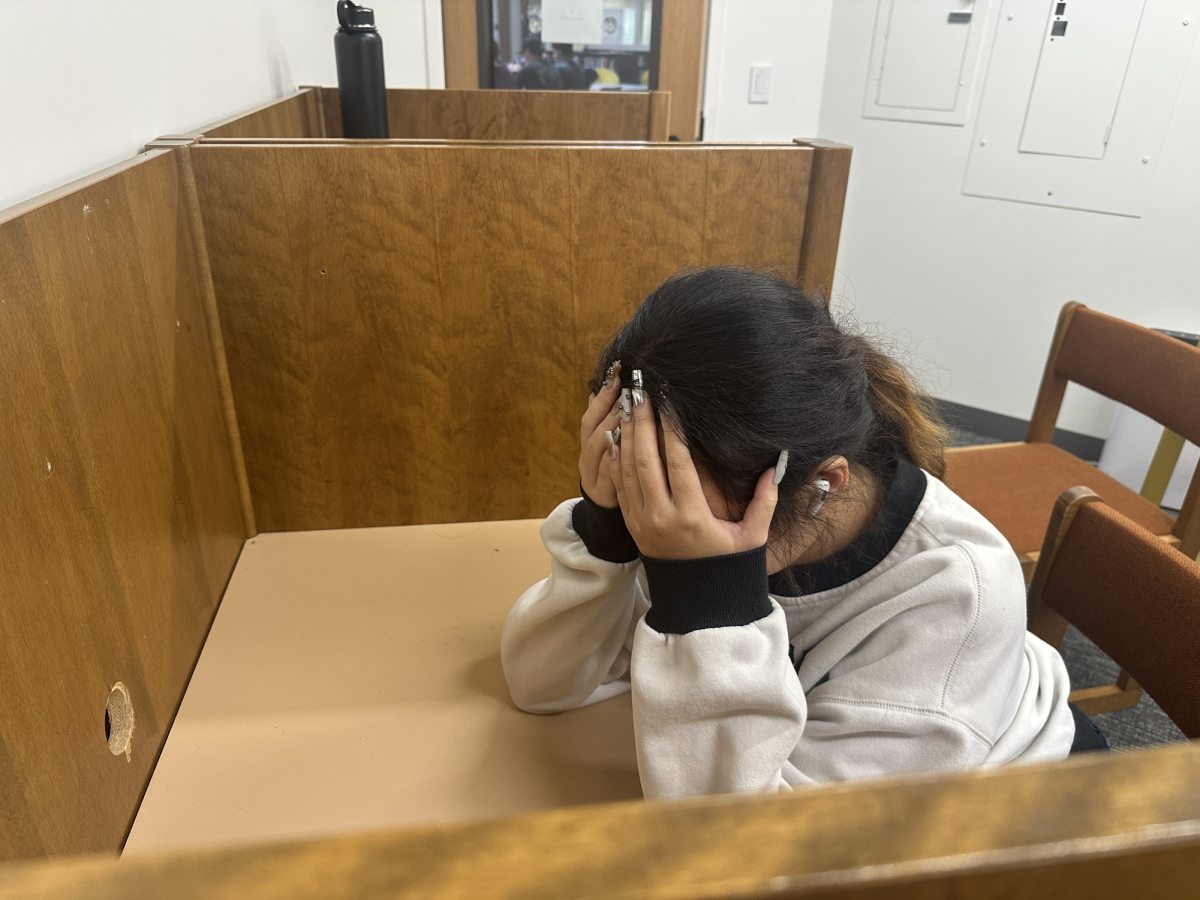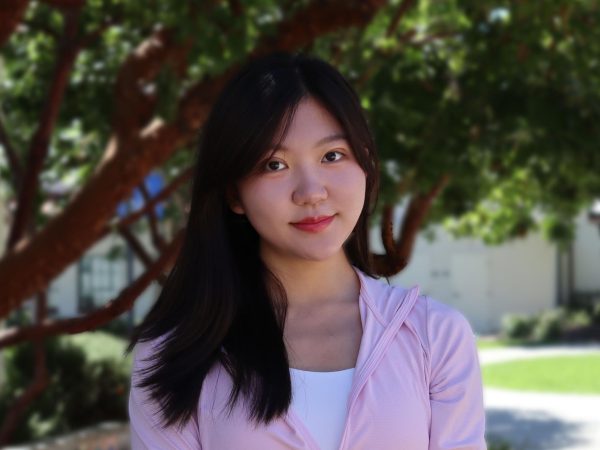Involution—the process of over-complication only to reach the same result—applies to a multitude of disciplines. In mathematical terms, involution is a function equal to its inverse. In linguistic terms, it means a complex grammatical construction or a concave curvature. Regardless, no matter which meaning it has, each different definition ultimately equates to a cycle of entangling and complicating without improving the essence of its characteristics.
However, involution has recently burgeoned in society as a competitive and mentally straining trend, where everyone views each other as competition and adopts alarmingly ascetic work ethics in hopes of securing their own success. This phenomenon occurs most prominently in academics, and unfortunately, Webb’s student culture also falls victim to involution.
When I started in-person learning at Webb last fall, I experienced strong competitive tension among the student population as opposed to the cooperative atmosphere I was expecting. Everyone here wanted to succeed, and even though we were all friendly and respectful towards each other, I still sensed my peers’ anxiety and desire to get ahead of others academically.
Beneath smiling faces and nonchalant questions of “how did you do on the math test?” or “what did you get for the society summative?”, both parties uneasily held their breath for an awkward couple of seconds, considering whose score would be higher than the other. An implicit culture, where one’s own success is defined by other people’s failures, permeated student interactions.
“Because GPA is such an important aspect of Webb’s academics, I used to always compare myself to the people around me, trying to see who has better grades and who will perform better,” Sunny Yu (‘22) said. “I have always considered other people’s success as a potential threat to my own success.”
Immersing within an involutional environment like Webb forces an individual to compel unnecessary stress upon themselves, as they see others studying and working hard every second of the day. Overwhelmed with anxiety, they attempt to replicate the same work ethic as those around them.
In a world where college applications have been a prominent goal, our community fixates too much on the road ahead of us and compares our peers’ academic progress instead of focusing on our mental health and overall learning experience. This stress leads to the trend of increased burnout across the student body. We are so entangled within a self-destructive cycle of involution, that forming genuine relationships with one another and sincerely wishing for each other’s success has become rare.
“It wasn’t until during and after the college application process that I realized that everyone has equally wonderful interests and uniqueness, it is really hard to compare to each other,” Sunny said., “I learned that it is important to have genuine relationships with people instead of considering them as your threat. Because no matter what they do, you are still yourself. Just walk your own path, don’t compare yourself with other people and instead, just be as collaborative as possible.”
While hard work and dedicated study habits are essential to receiving admission from a top-tier college, studying solely because of that goal also undermines the quality of our overall learning and does not prepare us to become true, generous scholars. The ultimate objective of education is to enrich and inspire students to utilize information to view, question, and impact the world around us. College should be viewed as a steppingstone to further society, not something that defines our success.
“People are finding a ‘formula’ for success, but high school is about trying new things, making mistakes, failing, and I feel like that is missing,” Lucy Liu (‘23) said. “We are at Webb, we are very privileged, and I think we should drive away from all those stereotypical definitions of success and instead pursue our interests… at least, don’t think of academic classes as an opportunity to get As.”
Compared to learning for the sake of excelling in a test or to improve minuscule percentage points, delving into a topic with curiosity and exerting effort that stems from genuine interest not only elevates our understanding, but also enriches our mindset.
“The most ideal is that you find interest in your academics, and I think that is what Webb is trying to pursue,” Lucy said. “Sometimes you are just intrigued by one topic and want to learn it on your own, you don’t need someone to push you to learn like a normal English or history class. This is the most ideal situation, but I feel that right now, with this unhealthy, academically competitive environment, people are driving away from that… and they are thinking less out of the box.”
In fact, Webb is experimenting with creating an environment with a healthier academic mindset. However, students who strive for a better GPA often exploit this system to achieve their goals.
“In a lot of humanities classes this year, teachers have allowed for lots of revision and have been more open with due dates. And the goal there is to focus on students being able to do their work,” said Dr. Linsley, Director of Experiential Learning. “Sometimes what we find is that students want to keep revising and revising until they get an A+, while the point of that has been to alleviate stress, not creating more opportunities to revise for A+’s.”
Within a judgmental and competitive culture, we most likely have all experienced pressure to compare ourselves to fellow peers and to pursue activities only for college admissions that we personally do not enjoy. Stress and anxiety are understandable and inevitable, but we should not normalize a misguided studying mentality as part of an environment where learning should stem from engagement, curiosity, and passion. Unhealthy involution is engulfing the Webb community, and it is crucial for each one of us to reflect on our true motivations and follow our hearts.






![Many Webb students spend their free time in the library watching a popular TV show like Riverdale and Euphoria. “Based off what I’ve seen, like in Euphoria, because the actors are older, they don't showcase an actual high school life properly,” Sochika Ndibe (‘26) said. “Since [the actors] are older [and] playing a teenager, from a girl’s perspective, it is going to make you think you should look more developed at a young age.” The actor, who plays Veronica Lodge, was 22 years old at the time of filming.](https://webbcanyonchronicle.com/wp-content/uploads/2025/03/Antecol-Media-affects-how-society-functions-graphic-1200x900.png)









Jenny Wang | May 26, 2022 at 1:50 PM
SUCH A BRILLIANT ARTICLE! Emily you rocked!!!